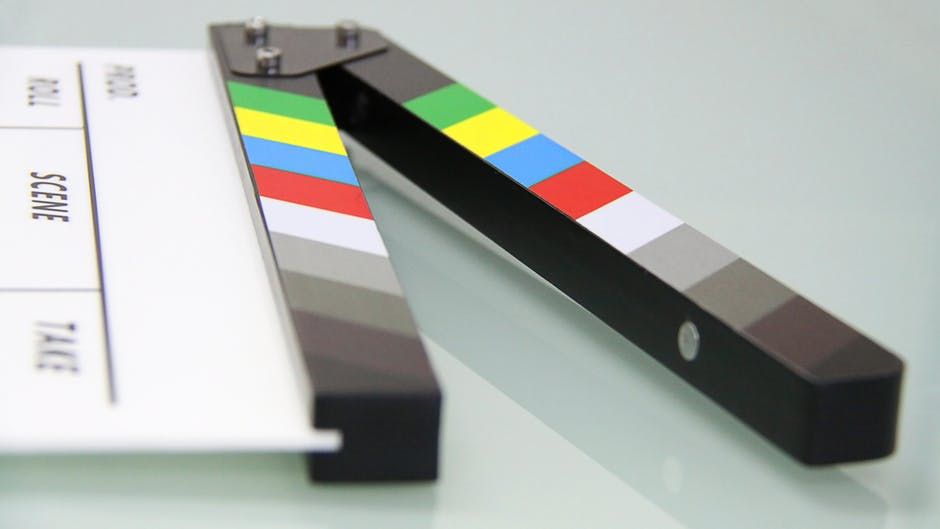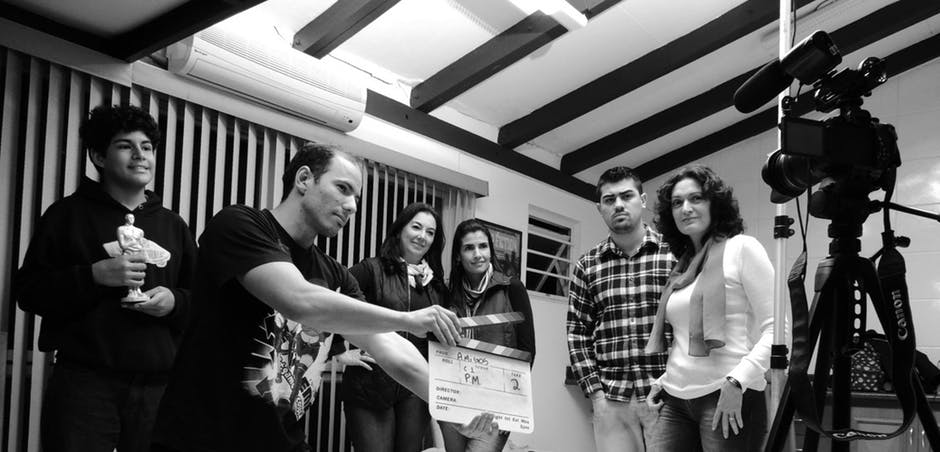Film Director - As a career option

Each time you come across an interesting YouTube series, a really great movie, music video, or even a ‘sitcom’, you are looking at the work of a film director. Film directors are the people that both compose and instruct the setting of anything which a camera records.
Broadly put, film directors are that department of a film production which decides what and how something/someone shall appear on the screen.
Does a Film Director just make movies?
This confusion arises often, usually due to the use of the word ‘film’ in the title. However, what it really means is the production of any camera-based project.
Under this category falls an array of additional sub-types like film production for T.V. series, documentaries, T.V. advertisements, music videos, video-game stories, teasers, etc
While directors might seem like the calmest people on production sets, they are actually heads of varied departments, like set-designs, costume, locations, dialogue, continuity, etc.
To strike a balance between so many departments takes great leadership qualities and even greater patience.

To understand the work of a Film Director let’s take help of a hyperbole. Let’s say that you have a script that could get you the Oscars.
For bringing the Film to life you will need
- Actors, to play out the characters,
- A set designing team, to present the situations you want to portray, and
- Someone who administers the synchronised working of both aforementioned departments.
That someone is the Film Director.
So if we consider a film to be a building, the film director tells the different departments what cement to use, how many bricks to fill in, what color to use for which wall, etc. He takes the image from the Film Producer’s idea and tries to build his dream into the closest possible reality.
Eligibility Criteria to Become a Film Director
- +2: No restrictions. Students from either stream (Science, Commerce, Arts) are eligible.
- Bachelor’s Degree: Bachelor of Arts in Theater, T.V. and Cinema
- Master’s Degree: Masters of Arts in Theater, T.V. and Cinema
A student pursuing film direction must train himself in the field. Formal training begins at the graduation level when students can apply for a degree in Film, Cinema, Acting or Performing Arts.
Notable Institutions in India
- National School Drama, Delhi
- Film and Television Institute of India, Pune
- Asian Academy of Film and Television, Noida
After 2-3 year of college (depending on the course tenure of different colleges) and a few acknowledged internships, an average student of film and television is ready to direct productions or assist film direction.
Through the tenure of their course, students learn how to mix, match and experiment with new and traditional directing techniques.
To break it down:
Film Director = Acting + Script + Set Design + Costume + Setting
A Day in the Life of a Film Director
Hello! I’m a Film Director and I work on Film Production. Film Productions range from the ad you just skipped on YouTube to what you then saw later on YouTube.
I, however, work on Film Production for movies and television, ranging from T.V. soaps to full-length cinema.
I wear my work life on my sleeves and it varies from sweat-dripping, hair-heating outdoor shoots on a May afternoon to the grandest venues in the world. Either way, it’s a passion driven job and here’s how a typical day goes by in my life:
8:00 AM: Newspaper for news, Page 3 for film reviews. Just the usual.

10:00 AM: On my way to the production set. I get a call from my assistant that a certain actor is running late. I try giving them a call but their number is switched off. I leave the artist a message and ask them to revert ASAP.
11:00 AM: I check up on the same artist again, after reaching the site. She seems to be stuck with some personal issues, but however, promises to reach for the evening shoot.
I reschedule the shoot and organised a team meeting, we can’t waste time until the evening (there are people working on a per day basis!).
2:00 PM: We shoot for another scene with our present actors and minimal set requirements. Sometimes, it is difficult to schedule an unplanned scene and that is why we generally pick small duration scenes at such instances, mainly because:
- We do not have time for set design.
- These shots don’t take much time.
- Long duration scenes often bear several dialogues, which could be a problem memorizing at short notice.

4:00 PM: There’s some time left for the evening shoot. We shoot some fillers and time fills. Fillers and time fills are short snippets that are used as connectors during the editing and post-production.
These are very short scenes when characters are shown just reacting to a particular event in expression, for a very brief second or something.
5:30 PM: My stomach rumbles and I realize that just like me, others could be hungry too. So we break for Lunch.
6:30 PM: Our makeup and costume departments are lagging behind by an hour and the light’s fading outside. The sun-set scene that we had decided to do for today seems almost impossible.
Almost. We push the departments a little. The costume is fine, make-up could be better. But we could use silhouette shots in case of a problem with on-screen visibility.

7:30 PM: Last shot for the day. This seems to be a nice day with a satisfying end.
1:00 AM: The shoot is still on. How hard can it be to say four lines, one after the other, like you mean it?
2:00 AM: I’m done for the day, and I missed a meal called dinner. Time to make up for that.
Have you ever wondered how films are made? Are you interested in directing a film? Do you want to pursue a career as a Film Director? Still confused?
We hope this article proved to be a fruitful one for you.
Have your say in the comment box below. Enjoy Reading!
Login to continue reading
And access exclusive content, personalized recommendations, and career-boosting opportunities.
















Comments
Add comment